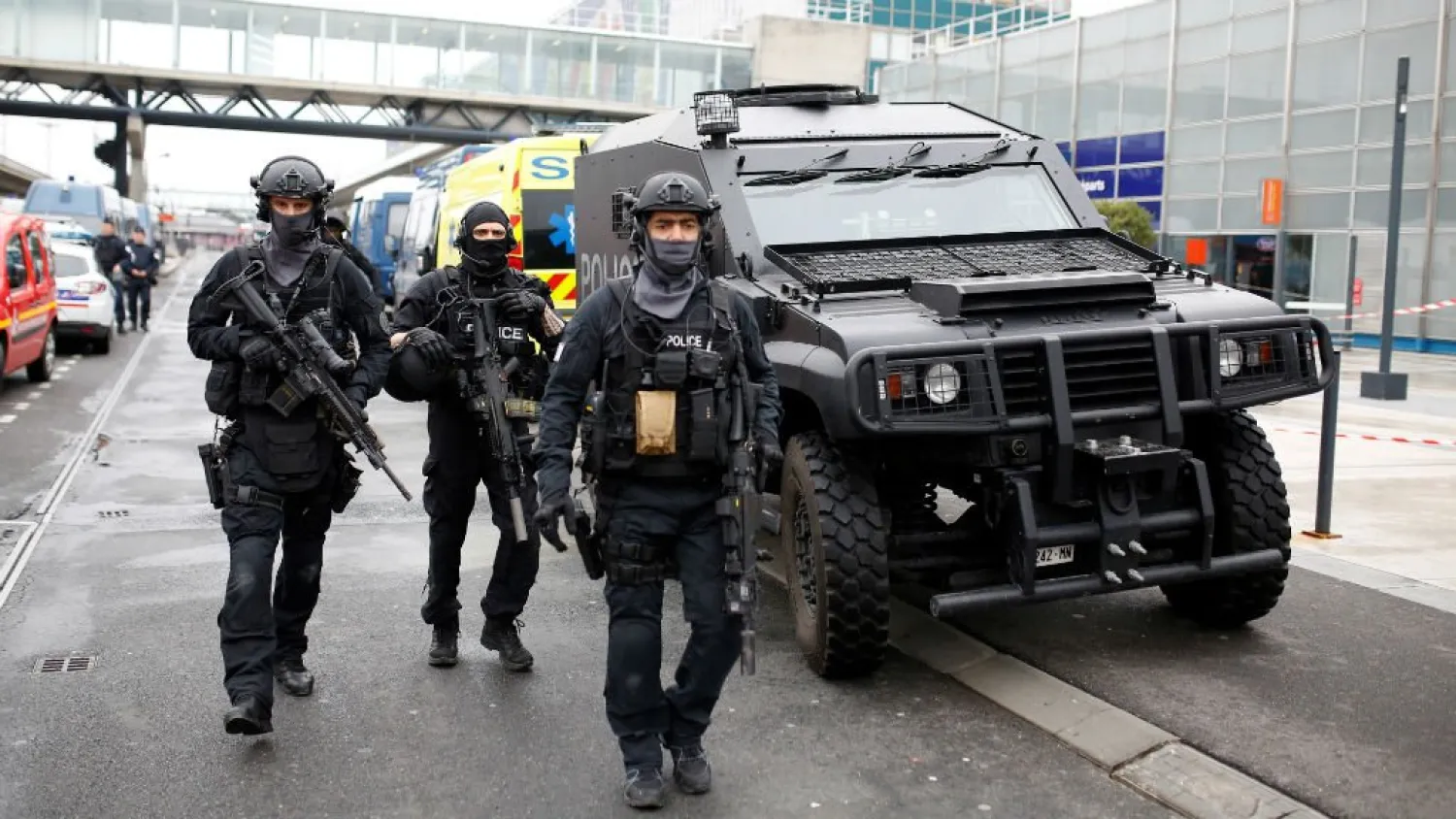A counter-terrorism judge in France officially charged on Saturday eight detainees for their involvement in plotting a terror attack in the country.
The suspects were arrested on Tuesday in raids in France and Switzerland after they had exchanged "extremely violent remarks" on the encrypted messaging app Telegram, French prosecutor Francois Molins said.
The suspects were brought before an anti-terror judge Friday and charged with "participation in a criminal terrorist conspiracy", a judicial source said.
Molins on Friday told France Info radio the group had "corresponded on encrypted networks".
He said they had been planning "to go into action within the (coming) months in France…"
Some of the suspects had described themselves as supporters of the ISIS terrorist group, a judicial source said.
The suspects were among 10 detained on November 7 by French and Swiss police as the result of a four-month investigation into a group of young extremists.
Following the arrests, French Interior Minister Gerard Collomb told French lawmakers the group was believed to have been planning attacks, but had not yet chosen specific targets.
Seven of the eight suspects placed under formal investigation have been remanded in custody, a judicial source said. A ninth person arrested in the French swoop was released without charge.
The French-Swiss operation came less than a week after President Emmanuel Macron signed an anti-terror law giving authorities permanent powers to search homes, shut down places of worship and restrict the movements of suspected extremists.
The new law replaced the state of emergency imposed after the November 13, 2015 Paris attacks, which left 130 people dead.









